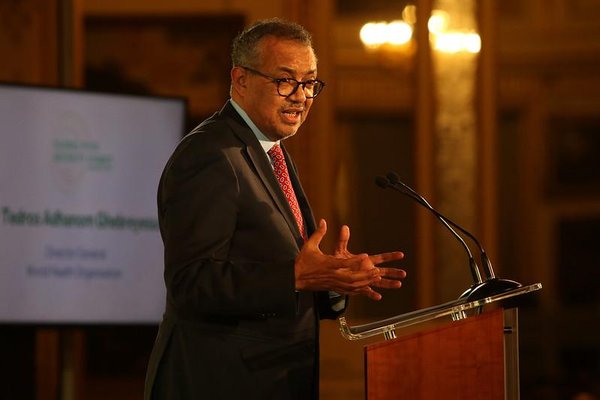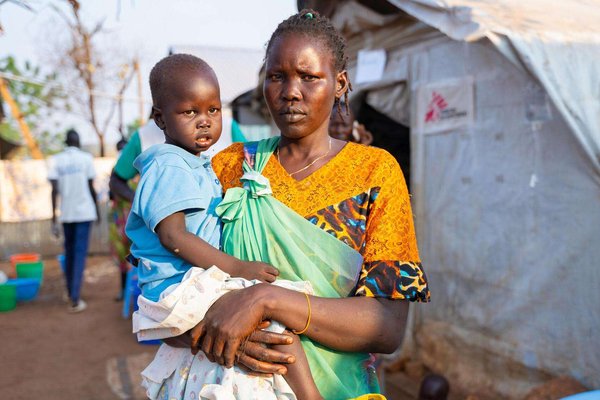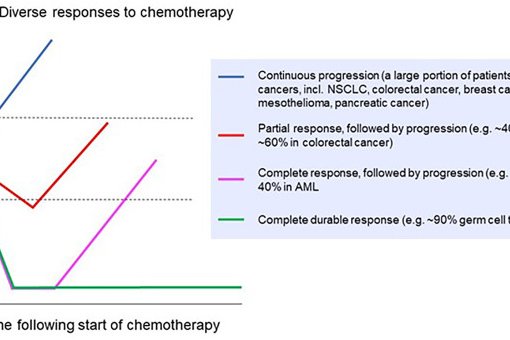U.S. Foreign Aid Freeze Sparks Global Health Crisis as Trump Administration Dismantles USAID
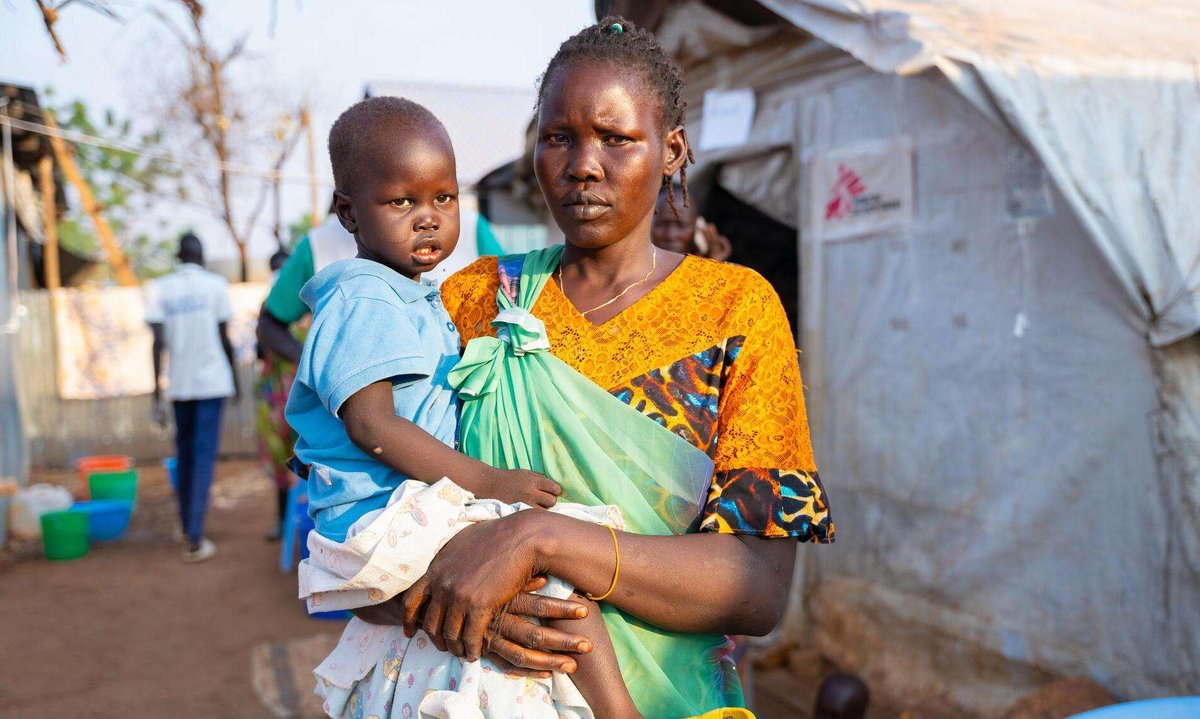
The global health landscape is facing unprecedented disruption following President Donald Trump's executive order on January 20, 2025, which imposed a 90-day freeze on foreign development assistance. This freeze has triggered a cascading humanitarian crisis as vital health services worldwide face sudden closures and program terminations.
The Trump administration's stop-work directive paused most U.S. aid-supported projects globally, with devastating consequences for healthcare delivery in countries dependent on American assistance. As the largest provider of health aid globally, the United States contributed approximately $12.9 billion toward global health activities in 2023, representing 42% of total official development assistance for health.
The impact has been immediate and severe. Clinics and hospitals have shuttered their doors, clinical trials have been abruptly terminated, and critical programs targeting HIV, tuberculosis, and malaria have been disrupted, raising concerns about potential disease resurgence in affected regions.
Perhaps most alarming is the systematic dismantling of the United States Agency for International Development (USAID), which previously channeled 73% of U.S. bilateral assistance for health. The administration has terminated over 90% of all USAID programs, resulting in more than 5,600 USAID workers being fired or placed on leave.
This dismantling has also severely impacted the U.S. President's Emergency Plan for AIDS Relief (PEPFAR), a program credited with saving more than 25 million lives. With 60% of PEPFAR assistance implemented through USAID, tracking efforts are already estimating significant increases in HIV transmission and HIV-related deaths directly resulting from the funding freeze.
The administration has now revealed plans to "realign certain USAID functions" to the State Department by July 1, 2025, and on March 28, 2025, notified Congress of its intent to permanently dissolve USAID, with any remaining operations transitioning elsewhere.
The humanitarian impact extends beyond health services. In Sudan, over 10 million people were set to receive health services, but more than half may now lose access as local organizations suspend operations due to funding shortages. In northern Syria, the loss of U.S. aid has forced the closure of 12 field hospitals, drastically reducing daily consultations from 5,000 to just 500.
As the situation continues to unfold, global health experts warn that the long-term consequences of this aid disruption could reverse decades of progress in combating infectious diseases and improving health outcomes in vulnerable populations worldwide.
Recent Health Articles
Countries Facing Severe Health System Disruption as WHO Warns on Global Funding Cuts
WHO warns that health systems in many countries are facing immediate disruptions due to deep funding cuts, putting millions of …
Global Health Crisis Intensifies: The First 100 Days of a Growing Humanitarian Emergency
A global health crisis unfolds as WHO reports 70% of surveyed countries experiencing system disruptions due to aid cuts, with …
Cancer Research Reveals Chemo’s Molecular Strike Against Cancer Cells
Researchers have uncovered how chemotherapy damages cancer cells at the molecular level, paving the way for more effective and targeted …
Breakthrough Study: Cancer Immunotherapy Equally Effective in Older and Younger Patients
New research confirms immune checkpoint inhibitors are equally effective in cancer patients regardless of age, offering hope for personalized treatment …
Based on the search results, I'll provide you with three significant recent health news articles in the requested format: Global Health Funding Cuts Causing Critical System Disruptions
Global health funding reductions are leading to critical medicine and supply shortages with potential long-lasting effects on worldwide healthcare systems. …

Countries Facing Severe Health System Disruption as WHO Warns on Global Funding Cuts
WHO warns that health systems in many countries are facing immediate disruptions due to deep …
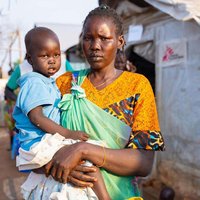
Global Health Crisis Intensifies: The First 100 Days of a Growing Humanitarian Emergency
A global health crisis unfolds as WHO reports 70% of surveyed countries experiencing system disruptions …
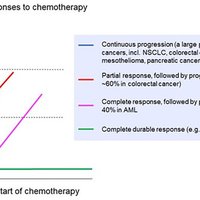
Cancer Research Reveals Chemo’s Molecular Strike Against Cancer Cells
Researchers have uncovered how chemotherapy damages cancer cells at the molecular level, paving the way …
Breakthrough Study: Cancer Immunotherapy Equally Effective in Older and Younger Patients
New research confirms immune checkpoint inhibitors are equally effective in cancer patients regardless of age, …
